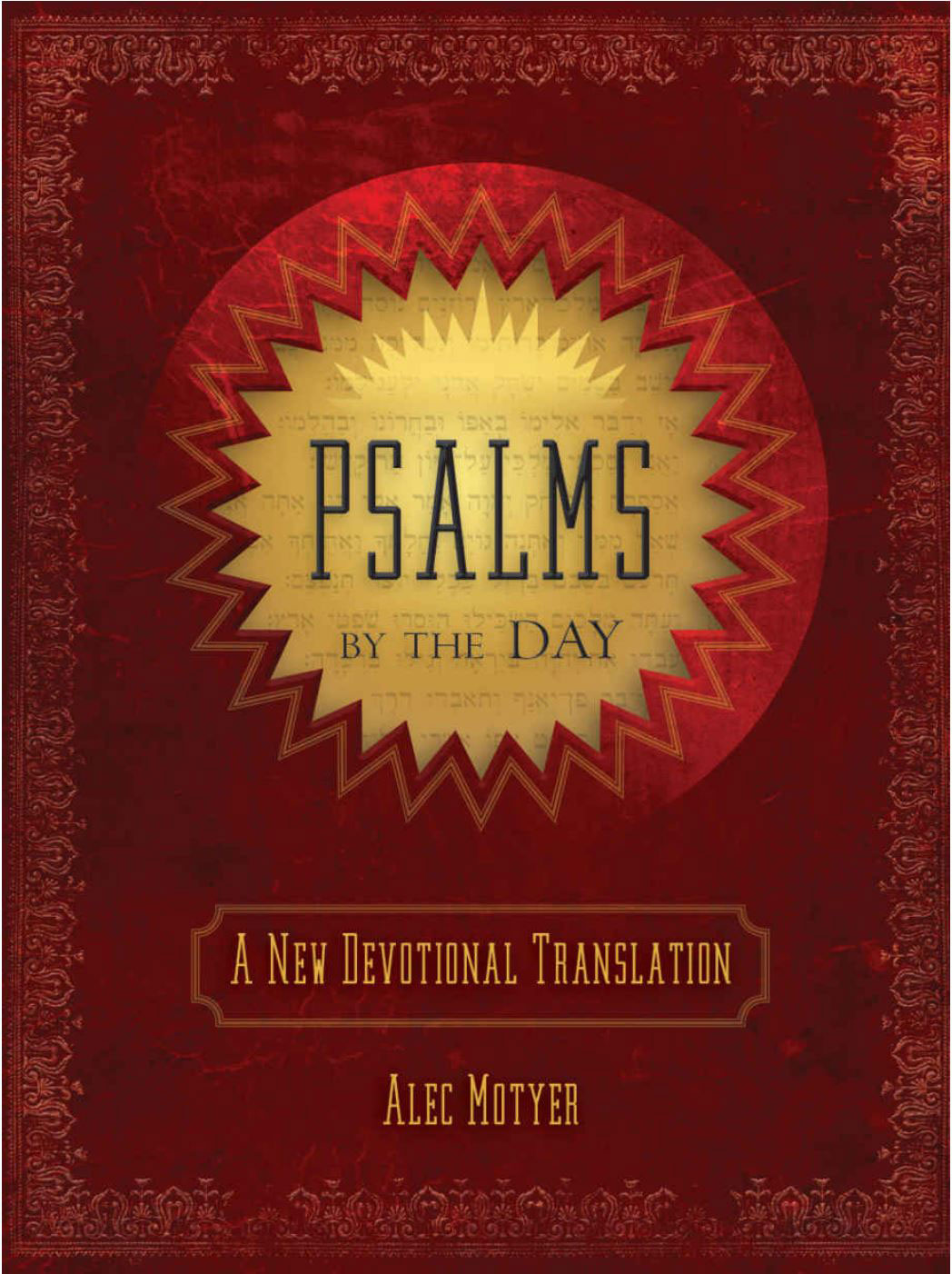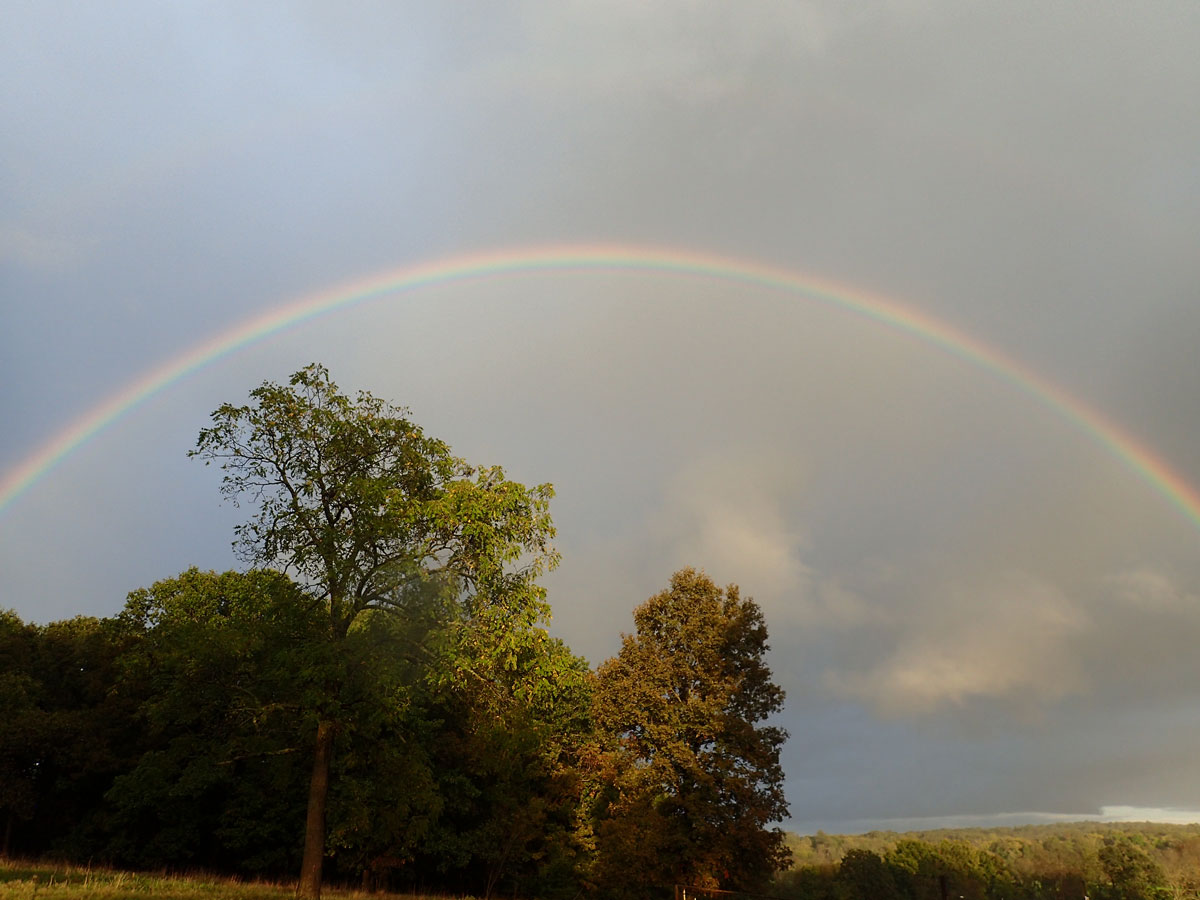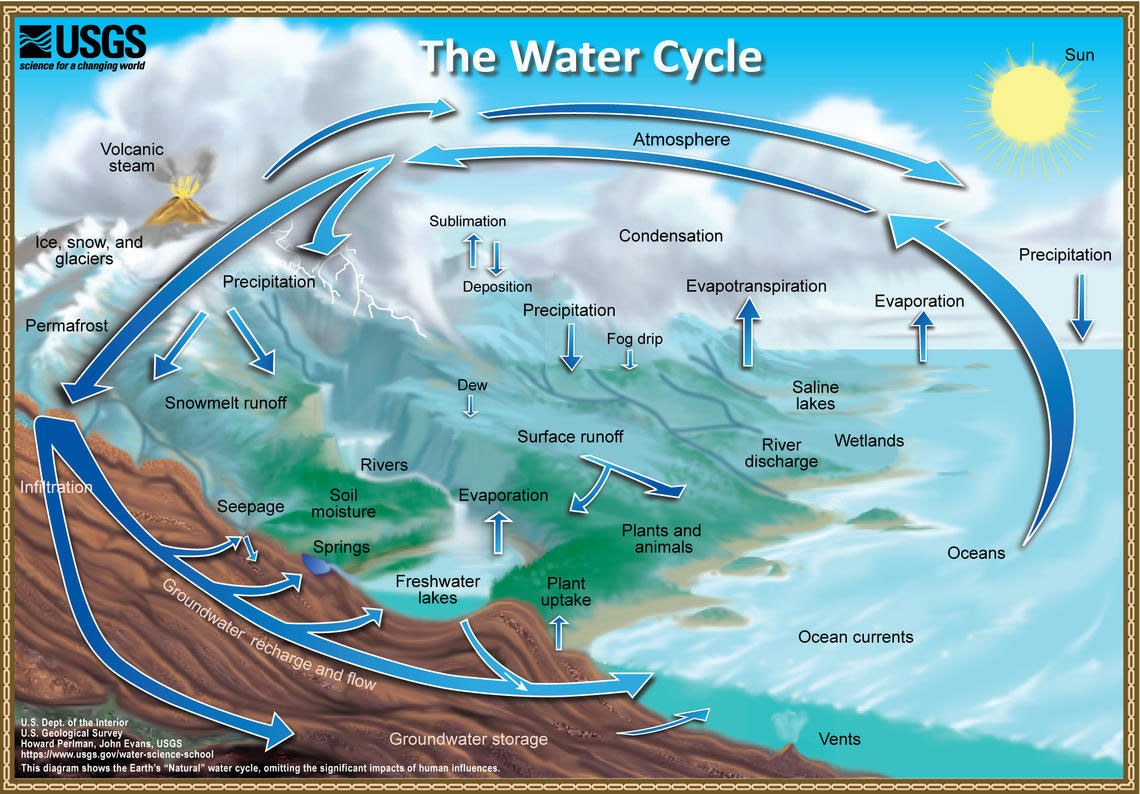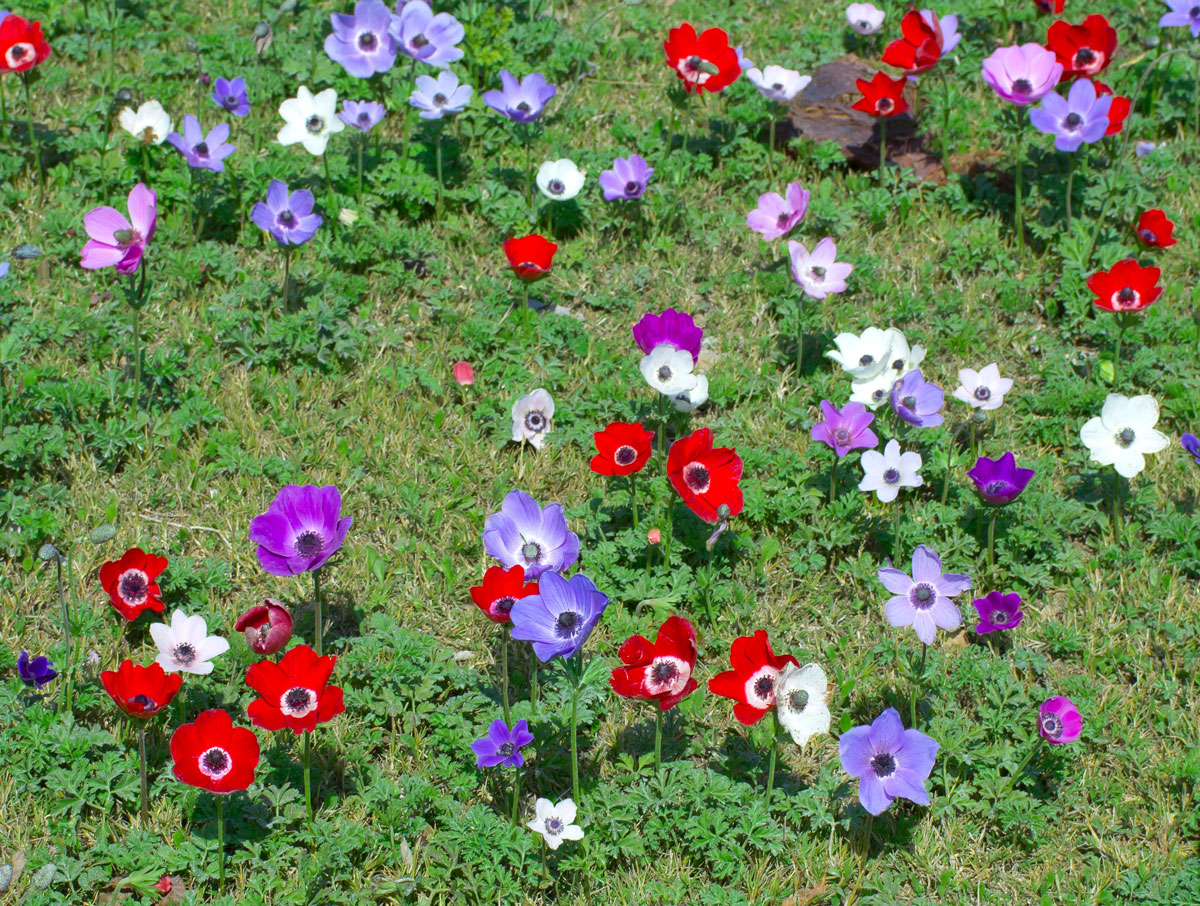Is God a conservationist? A long list of books have been written on the subject by people more intelligent and talented than myself. The existence of fabulous books on Biblical creation care notwithstanding, here’s a contribution to the topic from my devotions this morning.
Alec Motyer offers this translation of Psalm 24:1-2
“To Yahweh belongs the earth and its fullness,
the people world and those living in it,
because it is he who founded it on the seas,
and establishes it on the rivers.”
Regarding establishes, Motyer writes, “Note the continuous present tense: the Creator is the ever active maintainer.” Of rivers he says, “Used here of ‘ocean tides’, the movement of the seas – seen as a constant ‘threat’ to the stability of the creation, therefore needing the constant vigilance and ongoing care of the Creator God.”

We read in Genesis 1:2 that before God formed the earth, it was “formless and void.” This formlessness, unpredictability, untenability, was a feature of the deep, the common English translation of the Hebrew tehome ( תְה֑וֹם ). When God created the earth, his first act was to separate water from water in order to create a space between the waters above and below, the area between the earth’s cloud cover and surface waters. His second act was to separate the surface waters, making land appear between them for terrestrial life. When God washed the earth clean, He pulled back his restraining hand and “the fountains of the tehome burst forth, and the windows of the heavens were opened” (Genesis 7:11). The above and below collapsed back together, chaotic waters were unleashed, and all life on earth perished except what God preserved in the ark with Noah. When the judgement against man’s evil was concluded, God once again gathered up “the tehome in storehouses” (Psalm 33:7), restoring an environment for all life to flourish.
After the Deluge, God didn’t wind up the ecological music box, sit back, and watch it run. No! He made a covenant with Noah that He actively maintains today. Gloriously, the covenant was not only to Noah, but “with every living creature that is with you, the birds, the livestock, and every beast of the earth with you, as many as came out of the ark; it is for every beast of the earth.” (Genesis 9:10). Never again would God allow a flood of water to destroy all life. His rainbow is a sign to all covenant parties that this is a promise kept. The arch, a perfect weight-bearing shape, is a spectacular technicolor symbol of the waters above and below being held apart for the sake of life in the space between. All the color of life is conserved.
In Genesis 1, God created the space and conditions for life to live, and not only live, but to thrive, to “be fruitful and multiply.” In Genesis 9, He did it again and in much the same manner: by restraining the waters of formlessness from destroying life and the habitat life requires.
Return now to Motyer’s comments on Psalm 24. Water in motion – rivers, the ocean tide, and unseen subterranean rivulets – are always lapping at the land, threatening to etch away life and its habitat. It is no accident that David, the Psalmist, uses the present tense to describe God’s active involvement in keeping water in its place so that is supports, rather than destroys, life.
Is God a conservationist? To avoid the baggage that comes with the “-ist”, perhaps a rephrasing is in order: does God engage in conservation? Here is how prominent organizations that exist for conservation define the term.
- National Geographic Society: “Conservation is the act of protecting Earth’s natural resources for current and future generations.”
- The Nature Conservancy: “Our mission is to conserve the lands and waters on which all life depends.”
- Missouri Chapter of the Audubon Society: “Our mission is to conserve and restore natural ecosystems, focusing on birds, other wildlife, and their habitats for the benefit of humanity and the earth’s biological diversity.”
A small sample of God’s activities on behalf of all living things according to God’s direct testimony:
- He maintains the global water cycle for plants, beasts, birds, livestock, and man (Psalm 104:10-16).
- He commanded the Israelites to provide a sabbath for the land, a fallowing every 7th year, so that it would be sustainably fruitful (Leviticus 25:1-7) and, when they disobeyed, God ensured the land got its sabbath rest (Leviticus 26:34-35; II Chronicles 36:20-21).
- He clothes the lilies of the field in more splendor than Solomon and feeds the birds of the air (Matthew 6:25-29).
- He minds the travail of creation as it labors under sinful man (Romans 8:19-23).
If we accept the common understanding of conservation, then yes – wholeheartedly yes! – God does conservation and is the One in Whom we stewards find our example.




Always, always blessed by your writing and it’s revelation of deeper meaning about God’s work and plan for us!